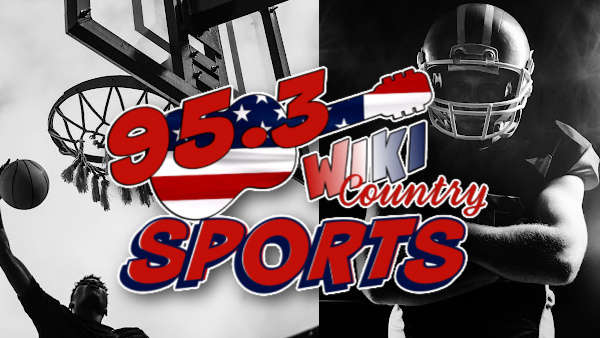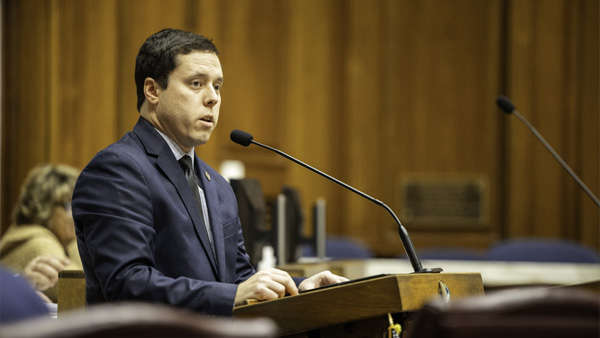
Fall sports delayed until the Spring.
After extensive deliberations, the Heartland Collegiate Athletic Conference (HCAC) Council of Presidents has unanimously voted to modify the timing of league competition and championships for fall sports classified by the NCAA as high-contact-risk.
The Heartland Conference will delay the start of competitive seasons for football, men's and women's soccer, and women's volleyball to the spring. The HCAC, however, is committed to offering engaging athletic experiences for student-athletes in these sports by allowing extensive team activities this fall. In adjusting to the challenges presented by the COVID-19 pandemic, these modifications place safety in the highest priority, but help ensure the opportunity for as much participation as possible in each sport.
"With the wellbeing of our students and campus communities as the top priority, the Council of Presidents' decision provides our best conference-wide combination of participation, responsibility and safety," said Hanover President Lake Lambert. "Our student-athletes will continue to reap the benefits of team involvement and experiences, while also having the opportunity for intercollegiate competition as conditions allow."
The decision on shifting the competitive seasons for these high-contact-risk sports came after careful analysis of whether Heartland Conference institutions could successfully fulfill NCAA testing recommendations without drawing vital health resources from their local communities. In addition, conference officials anticipate that spring seasons for the high-contact-risk sports will be safer for the student-athletes as continued scientific and testing gains are made with respect to the coronavirus. Finally, a recent NCAA waiver that provides flexibility in how teams' seasons are structured allows meaningful experiences this fall for student-athletes, even without intercollegiate competition.
"Keeping our student-athletes safe is of the utmost importance and I understand and support the presidents' decisions," said Lynn Hall, Hanover's vice president for athletics. "Obviously, while I am dismayed that we will not have football, soccer and volleyball this semester, I am more disappointed for those student-athletes and their families who will not get to have the seasons they had expected this fall."
While football, soccer and volleyball are on hold until the spring, three sports will compete as planned this fall. Based on their risk classifications as assigned by the NCAA, the Heartland Conference will proceed with fall seasons for men's and women's cross country, men's and women's golf, and men's and women's tennis. In addition, the HCAC will also schedule a limited number of fall competitions for baseball and softball that will not count toward league standings.
"I am very excited that our tennis, golf and cross-country student-athletes will get some competition this fall," said Hall. "We feel we can successfully operate those low-contact-risk sports in accordance with NCAA COVID-19 protocols."
Winter sports were also addressed by the Council of Presidents.
Men's and women's swimming and diving, classified as a low-contact-risk sport, will proceed with its standard schedule. The Panthers' season runs from late-October through mid-February.
A decision on men's and women's basketball, which has been defined as a high-contact-risk sport by the NCAA, will be announced in the coming weeks. Basketball season typically begins in late-November and continues into March.
The Heartland Conference will continue to explore all options for a safe return to intercollegiate athletics. The league's leadership will communicate further developments regarding competition in 2020-21 as solutions are finalized and implemented. The priority of the HCAC and its Council of Presidents continues to be a commitment to the health and safety of everyone in our campus communities and those involved in intercollegiate athletics at member institutions.
Credit: Hanover College Athletics

 Local Sports April 16,2025
Local Sports April 16,2025
 Local Sports Weekend April 11-12, 2025
Local Sports Weekend April 11-12, 2025





